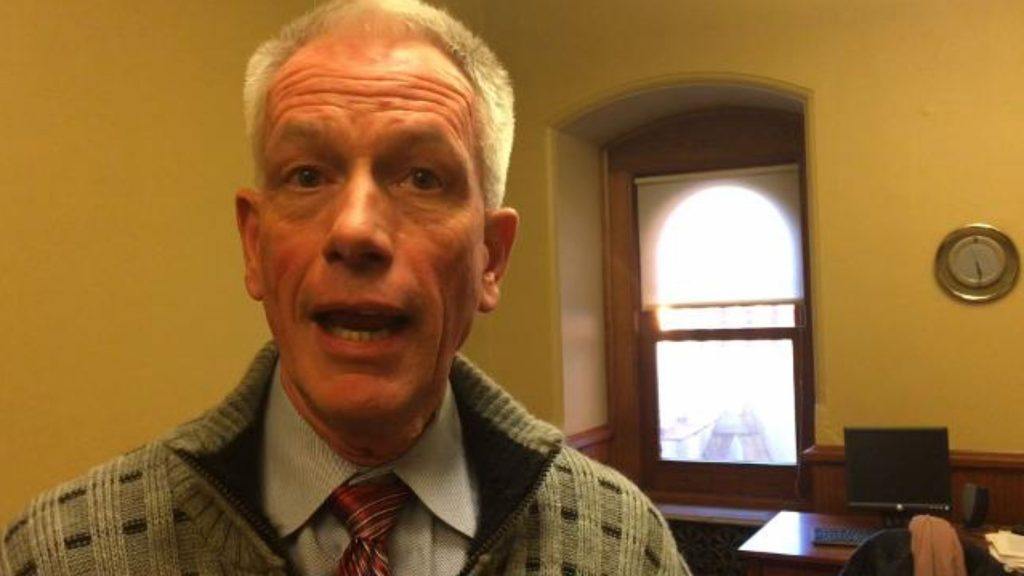The major American sports leagues may be coming around on legalized sports betting, but only on their terms, it seems. That became clear as the NBA and MLB have both officially stated their objections to an Iowa bill that would allow for sports betting in the state.

The leagues aren’t against the idea of letting fans and gamblers place bets on their games. Instead, the dispute over the legislation stems from the fact that it doesn’t include the one percent integrity fee that the organizations want as part of any sports gambling regulation.
Such a fee would be based on the total amount bet on contests in each particular league rather than on the profits made by bookmakers. That means the modest-sounding one percent would actually be a significant portion of a sports book’s profit margin.
IGA Says Fee Would ‘Kill Sports Betting’
That’s why the Iowa Gaming Association, which supports the bill that has been introduced to the Iowa House, says that the integrity fee is a non-starter.
“It would kill sports betting in any state,” Iowa Gaming Association President Wes Ehrecke told the Des Moines Register.
According to Ehrecke, the one percent fee would be enough to make sports betting entirely unprofitable for operators in Iowa. About 95 percent of all bets are returned to gamblers in the form of winnings, while taxes and other overhead takes up most of the rest. The integrity fee would make it difficult for anything to remain as profit for the casinos or other operators.
NBA Says Fee Will Cover League Expenses
The sports leagues disagree. The NBA has included the integrity fee as part of their model legislation that they would like to see states implement. They point out that similar systems are used in at least some foreign countries where sports betting is legal, including Australian and France.
They also point out that legal betting would mean more work on compliance and enforcement on the part of the leagues, as they would need to step up efforts to protect the integrity of their contests.
“We support legislation that includes comprehensive protections for the integrity of our sport,” said NBA spokesman Mike Bass. “We look forward to working with legislators in Iowa and elsewhere to ensure that sports betting laws include these protections.”
This issue of such a fee has pitted the gaming industry against the professional sports leagues. While both sides want to work together and are generally in favor of sports betting, groups like the American Gaming Association (AGA) have come out strongly against the integrity fee.
Arguments against such a charge include the fact that an added expense might require operators to offer less favorable odds to bettors, pushing them back to black market bookies. The AGA has also questioned whether the leagues need to be siphoning money from gamblers.
“Let’s get real about eliminating the illegal market, protecting consumers and determining the role of government,” said AGA President and CEO Geoff Freeman in a statement. “A role that most certainly does not include transferring money from bettors to multi-billion dollar sports leagues.”
As with similar bills in other states, the Iowa bill would only legalize sports betting pending a favorable ruling from the Supreme Court in the case of Christie v. NCAA. Should the Supreme Court overturn the Professional and Amateur Sports Protection Act, individual states would be allowed to regulate sports betting as they see fit.









